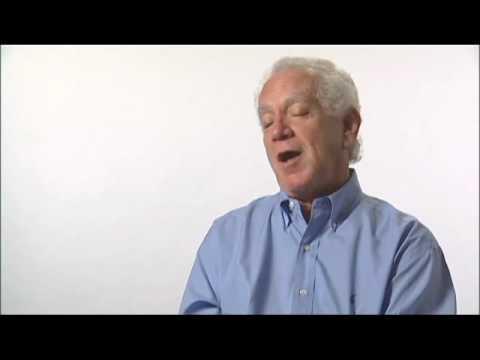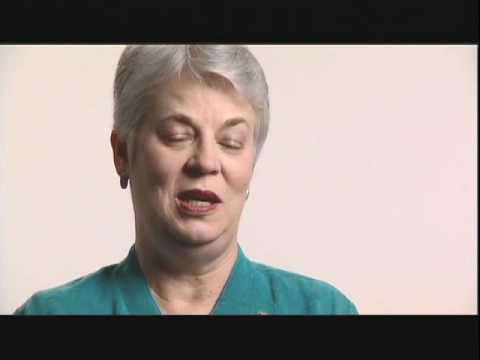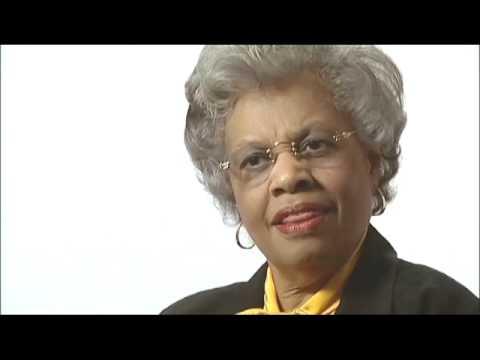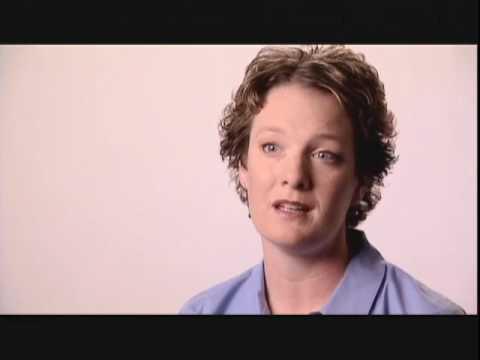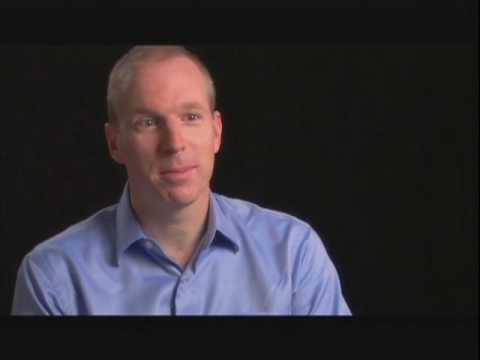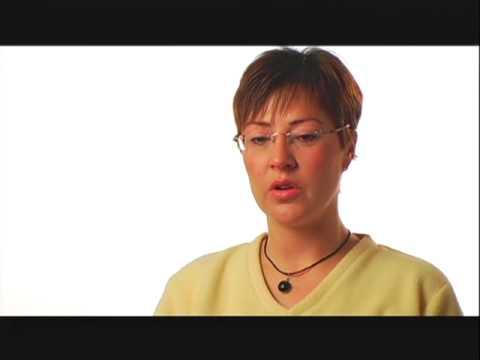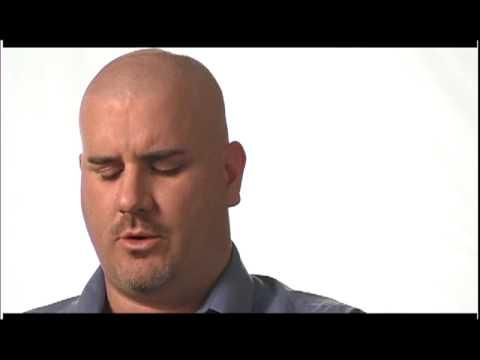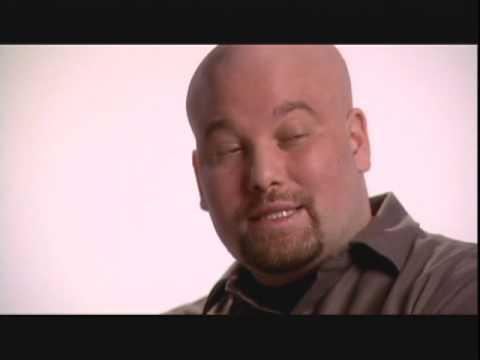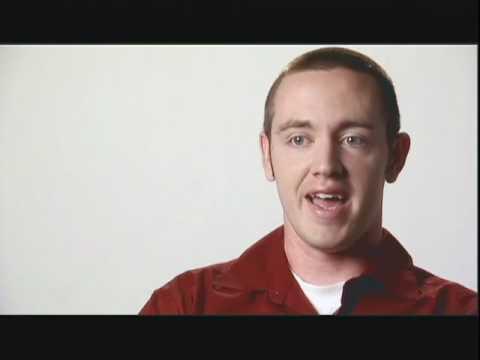Susan S.
I took a class on breast self-exam early in 1991 and six months later, I found a lump. I had a mammogram and a sonogram, which showed it was solid. A cancer surgeon oncologist examined my breast and looked at the scans. He said, “Susan, you’re too young to have breast cancer. You have no family history of cancer. Besides, Asian women don’t get breast cancer.” I really do believe in women’s intuition, and that night, this little voice in my head was telling me there’s just something wrong going on here. Two months later, I decided to get a second opinion, and I had a biopsy. When I called him, the surgeon said, “Susan, I’m very sorry to tell you, but you have breast cancer.” He was quite shocked himself.
I’m one of those people that if I’m gonna be faced with some kind of challenge, I want to know as much as I possibly can. So I read up about it, talked with some other people that had been diagnosed with breast cancer, and decided to have a mastectomy and adjuvant chemotherapy. I was told by a number of oncologists that I was just being hysterical and paranoid for wanting chemotherapy. But I’ve learned not to take “no” for an answer when I have a strong feeling about something. In the middle of my treatment were the first reports saying that there was a definite survival advantage for pre-menopausal women with early stage breast cancer who had surgery followed by adjuvant chemotherapy, which totally vindicated me.
I did really well and never thought I was gonna have any problem with cancer again. One night, I sat down on the couch to watch the news. I started to get this pain in my left hip. It got worse and worse through the night. I couldn’t get rid of it. One week later, the exact same thing happened. Within two weeks, my entire left side of my body was either numb or weak. My foot was drooping. The left side of my face was drooping. My left retina was unresponsive. I was in a wheelchair. I was diagnosed with recurrent breast cancer in my cerebral spinal fluid.
They started me on high-dose steroids. I received chemotherapy every day through a catheter implanted in my brain. I also had radiation to my lumbar spine, because there was some blockage of my cerebral spinal fluid flow. I’d never been so nauseous in my life. It was just unbearable. It was completely opposite of how easy my first round with chemo was. It completely debilitated me. I finally got through it, and most of the symptoms went away except for the pain. It centered in my lumbar spinal area, where they did the radiation. It never went away.
I complained about severe pain the whole time I was going through treatment, but it wasn’t until after I finished treatment that they even addressed my pain. I was referred to a pain specialist, and it was finally the day where I started to feel like there was some hope again, because my quality of life was zero. On top of that, I was 87 pounds heavier. I couldn’t move. Life is very different when you’ve never had a weight problem, and all of a sudden you do.
I truly believe that people have the right to live free of pain, or at least as comfortably with pain as they possibly can. I just want to make a plea, for anybody that’s out there that’s experienced pain, not to let people tell them that there’s nothing they can do about it. You have to demand quality treatment, and you have to demand that they listen to you. Sometimes they don’t like it when you do that, but you have to do it.
Over the past eight years, I continue to be treated for pain. I have been through four different clinical trials. I’ve probably been on 20 or 30 different kinds of pain regimen. I have a very stubborn pain condition. It’s the lasting legacy of my recurrence. We don’t know why it’s still there, so we continue to try to find new pain regimen, and I just deal with it.
In the process of having to deal with all that, in 2001, I got this phone call from my oncologist, scolding me for having missed my mammogram. I was six months late. I run in to get my mammogram, and I get a phone call the next day saying, “You need to come back.” It turns out that I had another breast cancer, a second primary. I was absolutely shocked. They treated it with radiation and chemotherapy, which completely debilitated me on top of everything else that was already debilitating me.
One of the ways that I try to deal with it is just to keep as busy as I’m able, doing my advocacy work. I started out speaking up about young women being diagnosed with cancer. I think it’s an absolute fallacy and disservice to tell young women that they don’t have to worry about it. Then it occurred to me, how many Asian women are being told that they don’t get breast cancer? Last year, there was a report that showed, of all ethnicities in Los Angeles County, the breast cancer rates are rising faster for Japanese-American women than any other group. I think that’s pretty alarming, but in talking to other Asian women, they’re all getting that same storyline: that Asian women don’t get breast cancer. It doesn’t matter who you are or what you look like, what your ethnicity is, you are at risk for breast cancer.
There is this prevailing belief that Asians don’t have to worry about cancer. Nothing could be farther from the truth. Asians have the highest rates of stomach cancer and liver cancer. One of the main reasons people get liver cancer is because of Hepatitis B, and Asian immigrants have the highest rates of Hepatitis B infection in the world. All you need to do is get a vaccination, but not enough people are getting it. Unfortunately, Hepatitis B is passed down from a mother to her child. The earlier you contract Hepatitis B, if you don’t get it treated, the greater your chance of getting liver cancer later on. Liver cancer and cervical cancer, which also have high rates in the Asian community, are two cancers that are actually caused by communicable diseases. They are absolutely preventable, and yet those rates are the highest in Asian communities.
There are a lot of cultural reasons why it’s difficult to educate Asian communities about cancer. A lot of Asian philosophies believe you have no control over what happens. It’s karma. There’s also a very strong belief that cancer is contagious. Therefore, you don’t want to talk about it or be around anyone that has it. Also, Asian populations in the United States are 70% first-generation immigrants, so their English proficiency is low. There are well over 35 different Asian communities, and they speak over a thousand different languages and dialects. You need to work with folks in the community to bring about culturally respectful and appropriate messages to get the whole concept of cancer, prevention, early detection and treatment across.
When I was first diagnosed, I was naturally consumed by wanting to figure out how I was gonna make sure I lived, and sex was just not in that picture. In the very beginning, my husband was in that same mode. But further into my treatment, he started to miss sexual relations. We talked about it, because it was bothering him. I had to tell him that I just wasn’t interested in sex for me or for him. It wasn’t until I was almost completely done with treatment that I started feeling like a sexual being again. I felt like I was starting all over and had to get back my self-confidence in terms of my sexuality. The fact that I didn’t have a breast was not a problem for me and, fortunately, it wasn’t a problem for him.
My husband and I ended up getting a divorce three years later, after I finished my treatment. It had nothing to do with my breast cancer. When I started dating again, I was very open about the fact that I only had one breast. I eventually did become involved with somebody, and we ended up having an intimate relationship. It was like an unveiling. I remember turning away from him and undressing, and then turning around and showing him. He told me that I was absolutely beautiful. We ended up getting married. Six months later, I ended up getting my recurrence.
We went from a life of having lots of fun in our sexual life and being very active, hiking, camping, dirt bike riding, wine tasting. Suddenly, I got sick and everything came to a stop. Because of my chronic pain, none of it has started again, and that includes our sexual life. I can’t get into a comfortable position to sit or stand, let alone have sexual relations. In addition, the treatment I get for my chronic pain includes 24-hour narcotic medication, and my vagina has actually atrophied. We haven’t had standard intercourse in years. On occasion, although probably not as often as he would like, we do have intimate contact, but it’s not related to intercourse anymore. I miss it. We’ve talked about it a lot. I don’t know if I believe him, but he says that he doesn’t miss it, that it’s okay. We do a lot of cuddling, and we’re very affectionate with each other. He’s so supportive. I call him my saint, because he is. This happened six months after we got married, and he didn’t have to stick around. But he’s still there.
My name is Susan Matsuko Shinagawa, and I became a cancer thriver on October 10, 1991 when I was first diagnosed with breast cancer.
